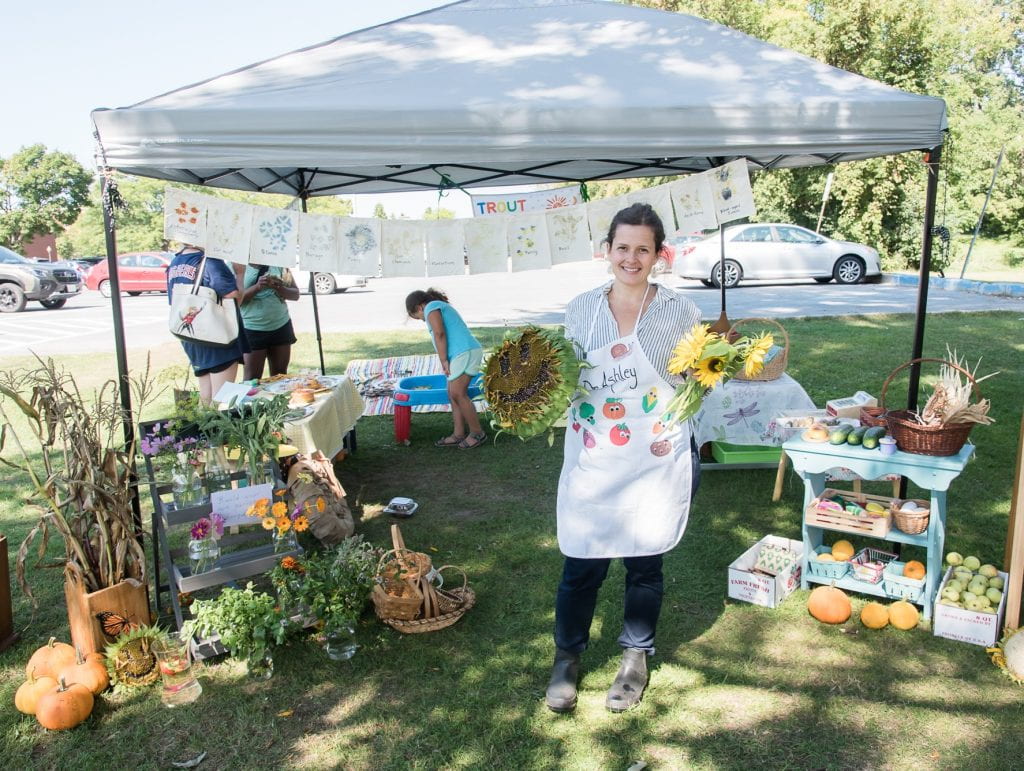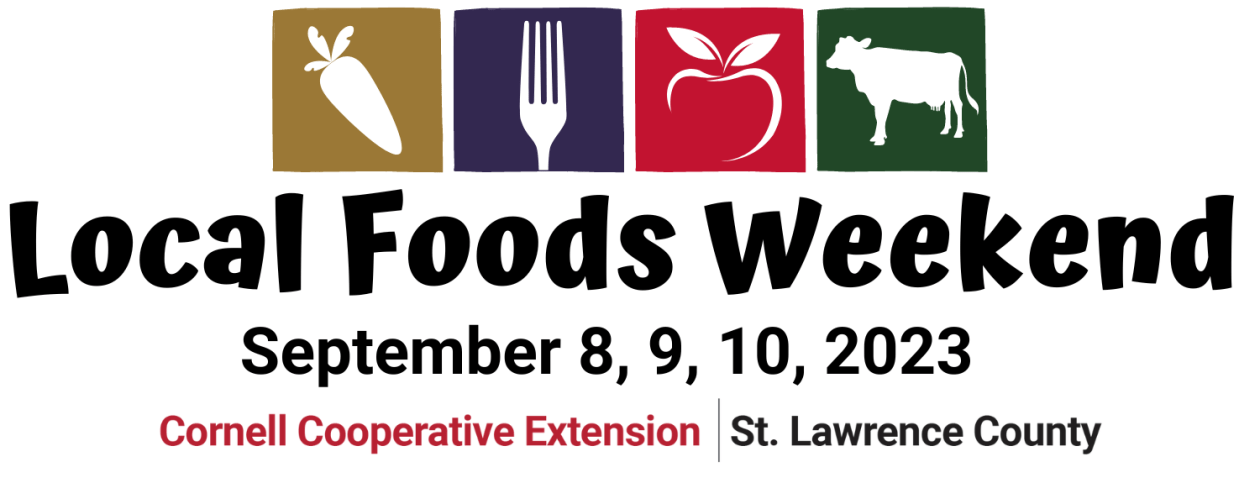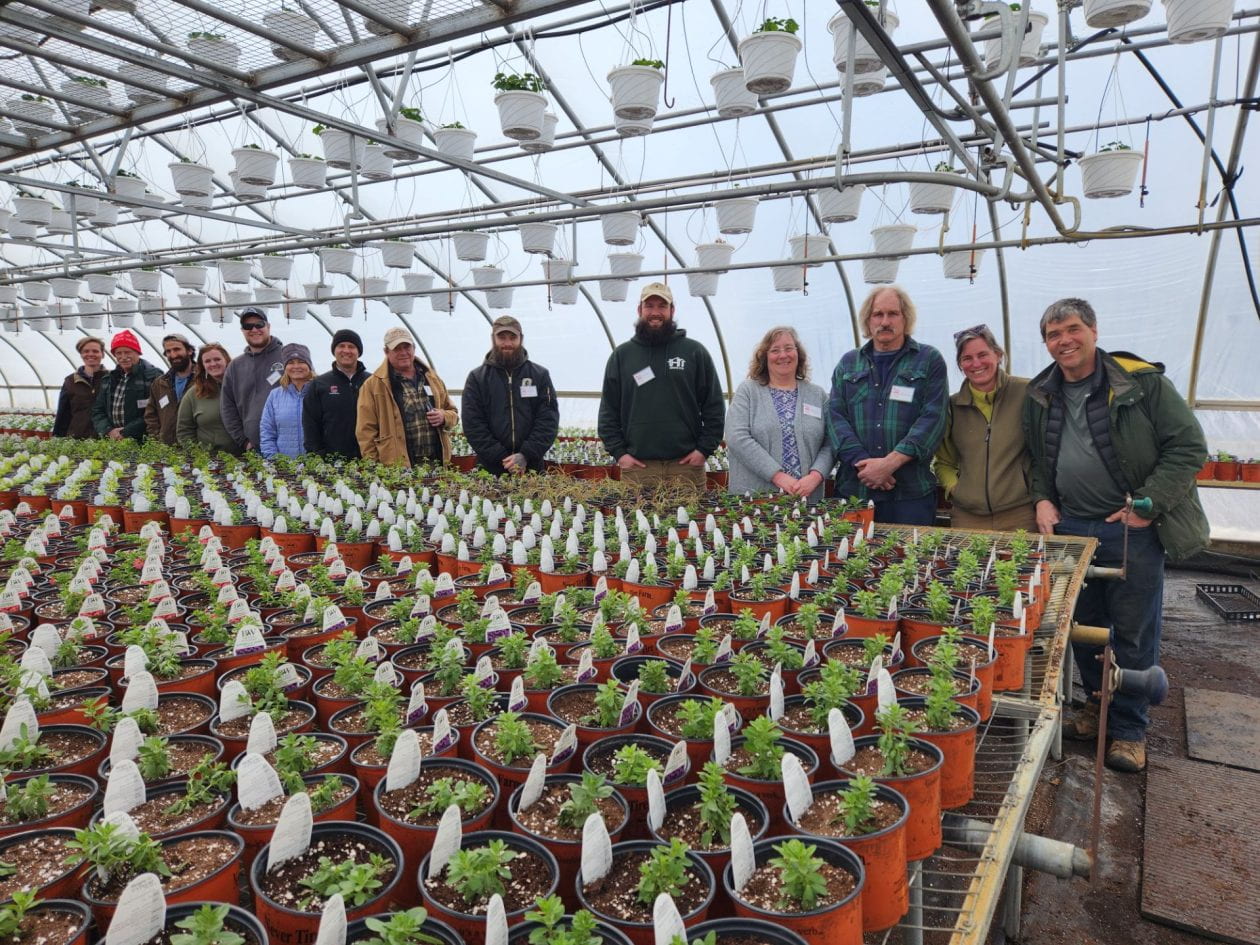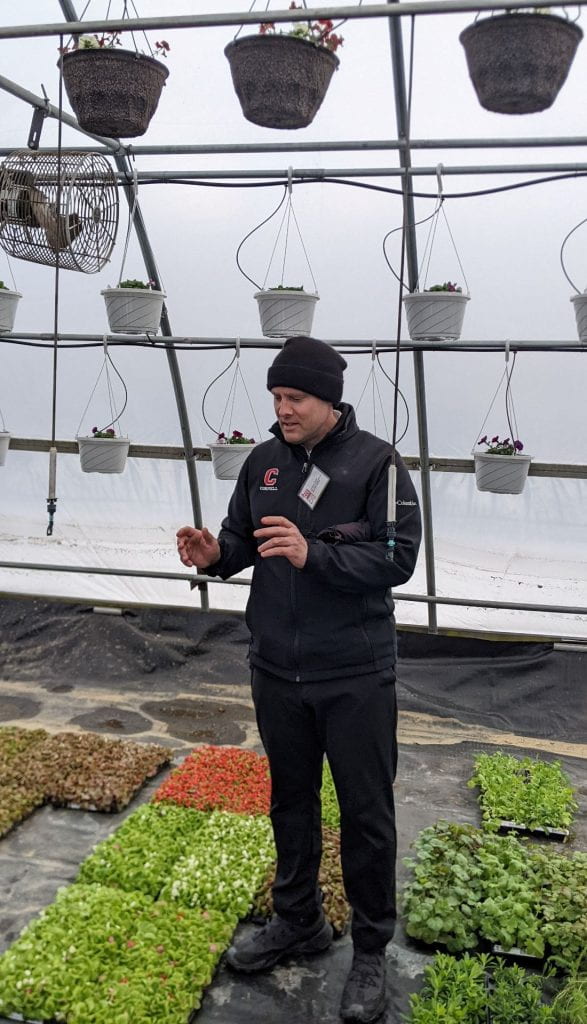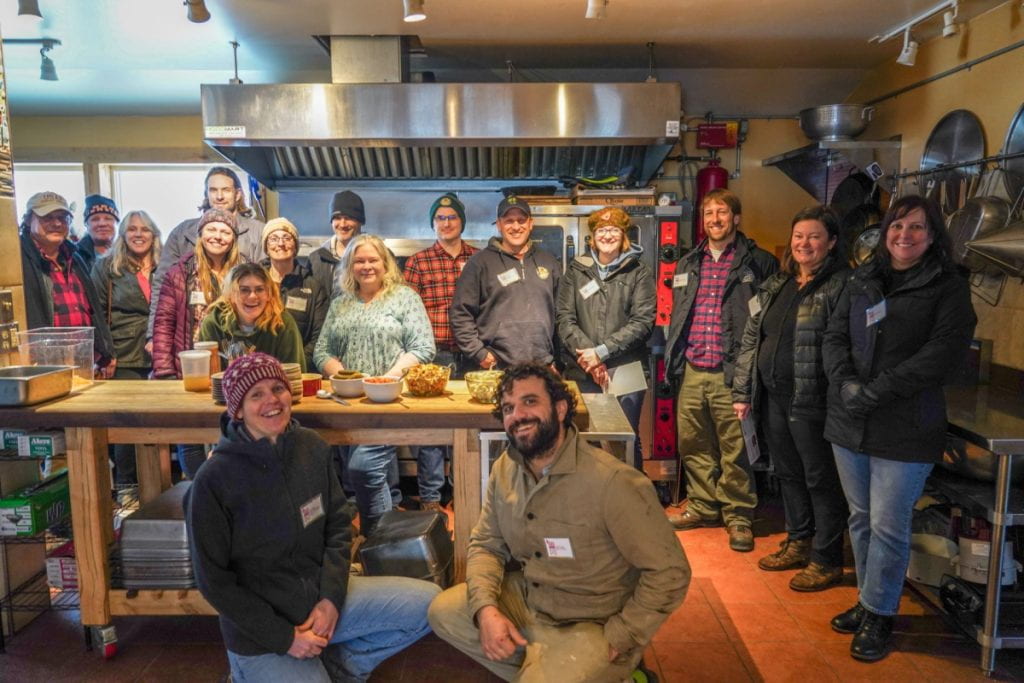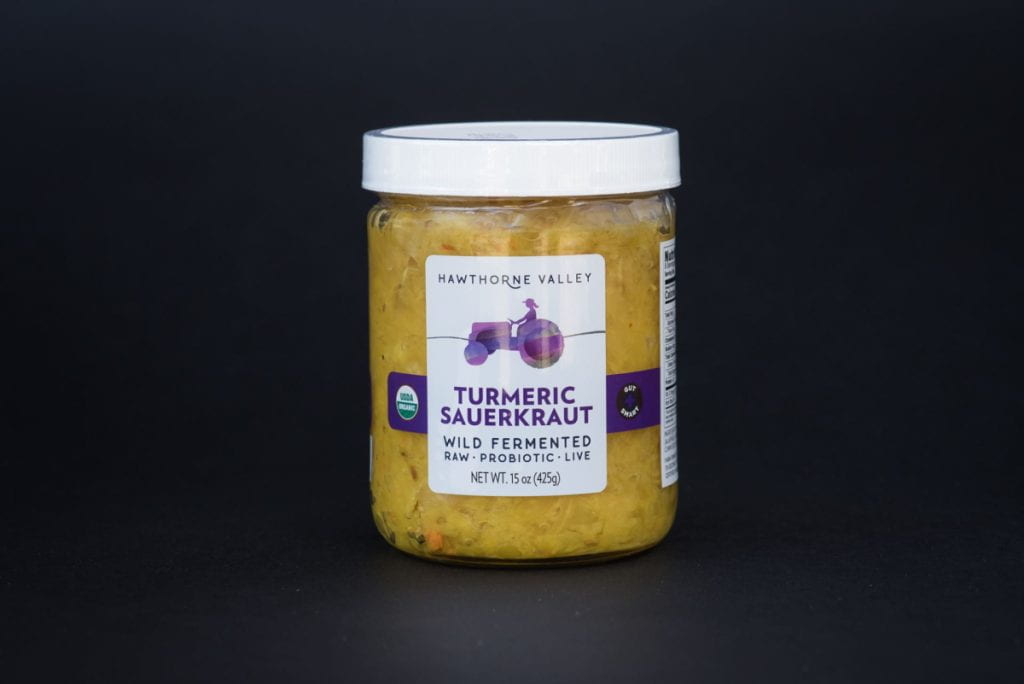Local farmers and food businesses are busy working in the fields and kitchens to bring delicious food to our plates, pantries, and freezers. Whether you make a salad with greens you picked up from a farmer’s market, cook a roast from the farm down the road, or enjoy meals at restaurants sourcing ingredients from our area’s growers, you are participating in our fabulous local food system.
To highlight these valuable members in our community and give them the credit and support they deserve, join us on September 8th, 9th, 10th, 2023 for the second Local Foods Weekend! The weekend consists of different public events hosted by local farmers and food businesses. It is a 3-day celebration of the products and the people that grow, raise, sell, or prepare food in and nearby St. Lawrence County and is organized by Cornell Cooperative Extension of St. Lawrence County. Every eater can play an active role in building a resilient local food system, and here’s a chance to learn more about the many farmers and food entrepreneurs involved.
Visit one or more of the 30+ events at locations across St. Lawrence County. There’s something for all interests including children’s activities, special menus, free samples, guided farm tours, workshops, open houses, and more.
